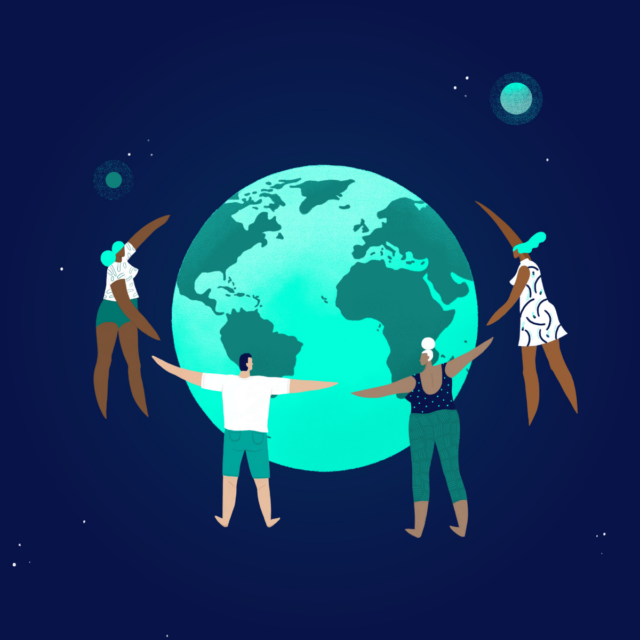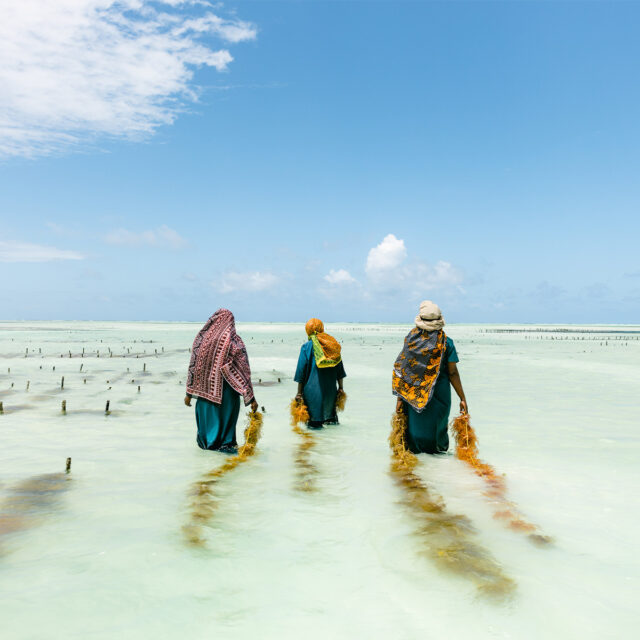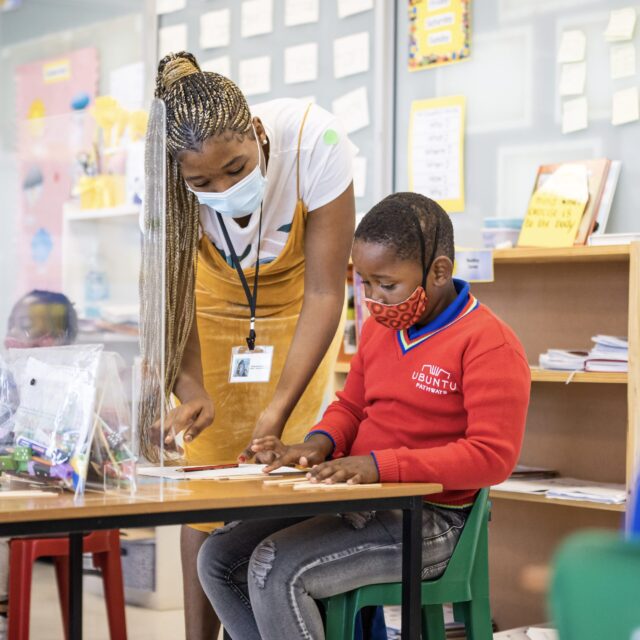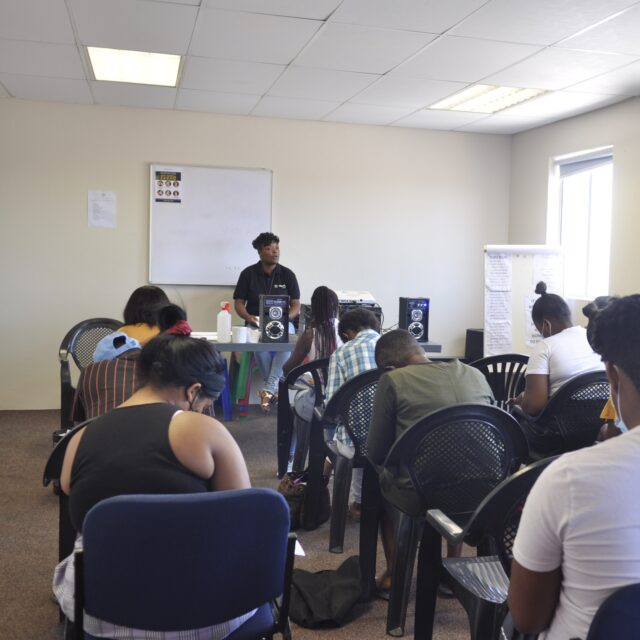As ONE global activist from Africa and Europe, our commitment to global action is real. We are Senegalese, Gambian, Tunisian, French, and in Africa and in Europe. We have seen youth show their bravery and undertake many actions in solidarity during this pandemic. Our conversations about the management of this multifactorial crisis have highlighted the increase in solidarity within our local communities. This has inspired us to write to a diverse and changing youth.
The mobilisation of young people in Africa and Europe
The action of young people in preventing the disease has been critical. Seynabou is 25 years old and lives in Senegal. She explains: “Since the beginning of the crisis, young people have carried out awareness campaigns on what to do in neighborhoods and public places. They distributed masks and hand sanitizers, free of charge. I think this is proof of the humanism of young people.”
For Sarah, 24, and Hassene, 18, who have lived through this crisis from France and Tunisia, this spontaneous yet well-organized mobilisation of young people was also illustrated by their many actions. Volunteers in the medical-social sector, the students also thought up technical innovations, made donations to charities, and others went shopping for their elders to protect them from contamination.
In addition, we found that youth’s role and engagement in the response to COVID-19 was complemented by online action. Léa, 23 years old, welcomes the fact that in France, confinement has not been synonymous with “putting other issues on the back burner, but rather a factor in making them visible.”
In Senegal, this positive trend has been crucial, according to Fadel, who recalls that it was Senegalese students living in China who first alerted people to the seriousness of the disease. Subsequently, it was online that the first pleas for the closure of the country spread, before it became a national debate. He adds: “In a country where the average age of the population is 18, this mobilisation shows that with social networks, young people have a powerful tool to influence decisions in Senegal.”
Our vision of the world to come
As we consider the future, we are convinced that it must be based on the priorities and values of youth. Youth continue to be committed. We have a vision and must make it known.
“In the world after COVID-19, the importance of a welfare state and the assistance it provides to the most disadvantaged should not be questioned any more. I want every child, adolescent, young adult, [and] adult to have access to the resources they need to live with dignity,” says Léa.
Sarah adds: “I hope that this crisis will change the way we co-construct international responses. This crisis has highlighted the structural inequalities of our systems and we can no longer turn back the clock. Whether it is in the representation of ALL in the decision-making spaces, including gender experts, and the sustainability of the responses adopted.”
Seynabou reminds that “national solidarity emerged among young people, in the response to COVID-19. The world of tomorrow must apply this national solidarity at the global level, for better management of future crises.” Hassene concludes: “I hope that history doesn’t repeat itself and that we learn that man is a social animal and that the only way we can achieve anything is together.”
Our recommendations to governments
As young people, we have a clear vision of what we want for tomorrow’s world and we have a voice and we want to be heard. We believe the following three things are essential.
1. Maintain and strengthen international solidarity
The current crisis has taken advantage of the weaknesses of our health, political, and economic systems. It has shown that no country can win the battle against disease by standing alone and in isolation because it is a global crisis that requires a global response. It is the principles of solidarity, cooperation, trust, and caring that have saved lives. And it is important that governments commit to that solidarity.
2. Support young people in their commitments
Youth have demonstrated their solidarity long before the COVID-19 crisis. The role played by young people in the fight against the disease is an example of the potential that we have and which, due to lack of support, is not always developed. In the future, young people must be able to count on their governments to support their actions because they know that young people are always ready to act.
3. Revitalize the health sector and rethink the informal sector
The current crisis has exacerbated our inter-dependencies. It is therefore necessary to work together to build resilient health systems that are accessible to all. This must be coupled with better working conditions for health workers in line with their needs and an increased budget for medical research. In general, those who are most vulnerable economically, such as workers in the informal sector, are also vulnerable in terms of health. Therefore, governments need to intensify their efforts to reduce poverty so that a portion of the population, in Africa and elsewhere, is not vulnerable to any type of crisis, be it health or other.
Youth must be more involved in decision-making, especially in times of crisis. The responsiveness they have shown proves that young people are competent and only ask to be involved in decision-making and implementation. As ONE global activists, we believe that the mobilisation of young people around the same cause will make a difference and strengthen international solidarity. We invite you to join us in encouraging our leaders to provide a global response to this pandemic through the ONE World campaign.
We remain available to exchange with committed young people who believe in international solidarity. And for those who wish to get involved but aren’t ready to take that step, don’t hesitate to visit Generation Activist’s Facebook and Instagram pages.



